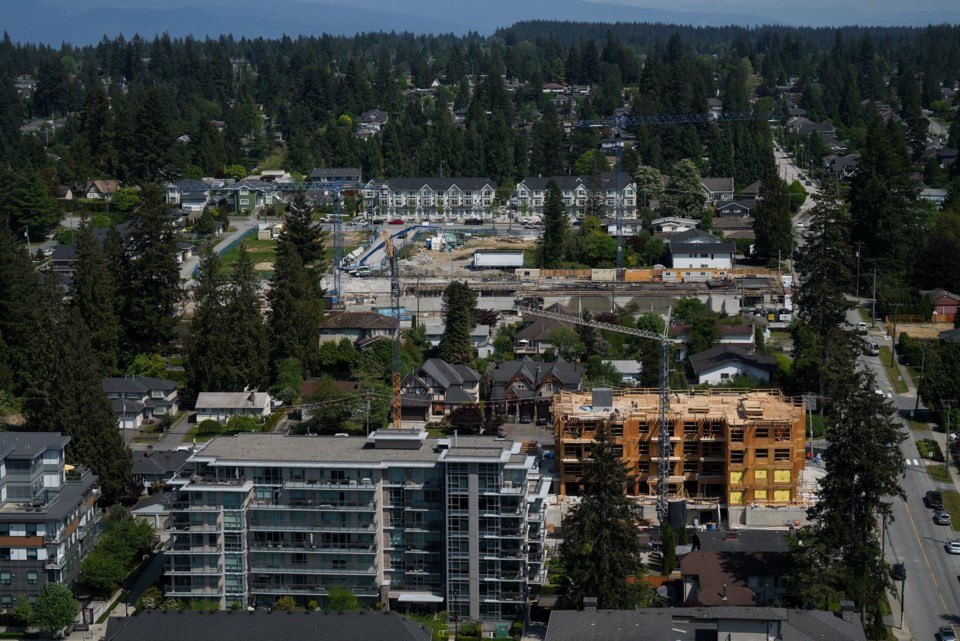VICTORIA — The British Columbia government has granted short-term rental platforms an extra month to confirm their listings are legal.
But the extension announced Wednesday doesn't apply to rental hosts themselves, who must still register their units with the provincial government by Thursday.
Previously, platforms such as Airbnb and Vrbo also had until Thursday to validate that B.C. listings in most communities had registration numbers with the province, but that's now been extended until June 1.
Listings without registration numbers must be taken down by June 2.
The platforms have also been given more time to cancel future bookings for hosts lacking provincial registration or face investigation and penalties, from June 1 to June 23.
The government says it extended the deadlines after receiving requests from the industry, so that they can complete technical work on validation systems.
B.C. Housing Minister Ravi Kahlon said the platforms aren't getting a break.
"They are still required to have all their systems in line," he said. "They are still required to upload the data. So it is not a break in any way. In fact, it is an opportunity for them to make sure that their technology is better aligned."
Kahlon said the short-term rental registry applying to most communities with populations of more than 10,000 currently has more than 20,000 listings, down from the 28,000 short-term rental said to be operating before the introduction of the new legislation.
The rules restrict short-term rentals to principal residences, a secondary suite or a structure like a laneway house on the property.
Kahlon said the numbers show that the legislation is working. "We are seeing vacancy rates go up in communities throughout the province," he said. "We are seeing rents come down in communities across the province."
Analysts have said that market forces are too complex to credit one factor for the changes.
Kahlon called the short-term rental legislation an "important piece" in addressing B.C. housing affordability, but also acknowledged more steps are needed.
"(We) have to do a whole lot of other measures," he said. "We are investing in affordable housing, cutting red tape so more housing could be built to increase housing supply and protecting our existing housing stock through the Rental Protection Fund."
The short-term rental legislation has faced criticism for closing off an alternative to hotel rooms.
Conservative Scott McInnis, MLA for Columbia River-Revelstoke, a riding that includes five resort communities, said a lot of small short-term rental operators in those communities are choosing to close their doors because of the annual registration fees.
They range from $100 for hosts who live on the property to $450 for those who live elsewhere and $600 for so-called strata hotels.
Speaking in the legislature Tuesday afternoon, Kahlon acknowledged the additional costs, but said registration improves enforcement and generates additional revenue for municipalities.
He also said the Union of British Columbia Municipalities had recommended the short-term legislation, adding that the government had engaged with resort communities, which are exempted, but can opt in.
Premier David Eby has also said that government would ease short-term rental rules if vacancy rates go up.
Kahlon said the legislation allowed communities to opt out if they had a vacancy rate of three per cent for two years.
This report by The Canadian Press was first published April 30, 2025.
Wolfgang Depner, The Canadian Press




